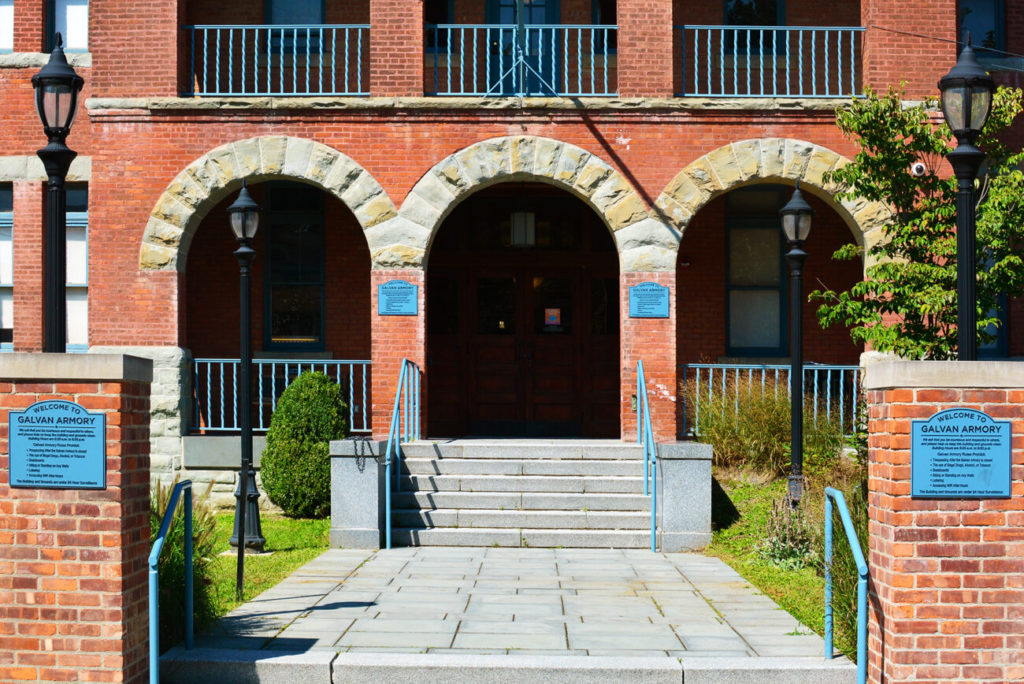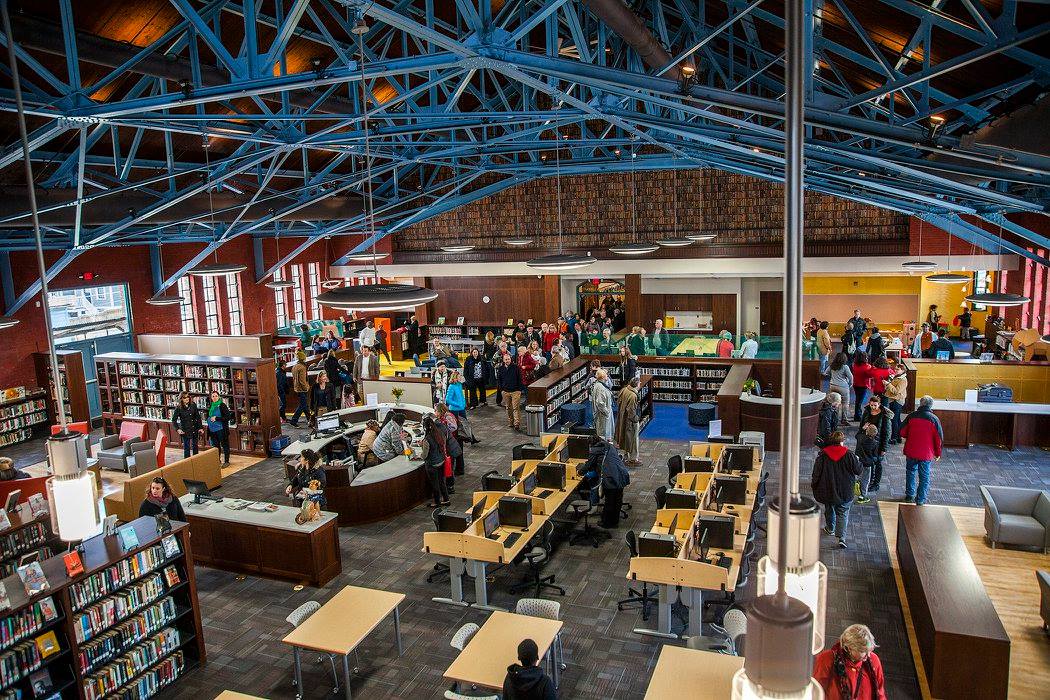April 15, 2022
The Galvan Foundation
In many communities, “development” has become synonymous with gentrification – the displacement of long-time, lower-income residents who cannot afford rising prices for housing, goods and services. But when developers are a part of a community and seek input from local people across the economic spectrum, real estate projects can meet local needs and add value, without being exclusive.
Community-focused development projects typically incorporate beneficial outcomes, including the redevelopment of existing and historic properties, that may lead to higher costs, while also generating lower financial returns from rental income from nonprofit community organizations or affordable and workforce housing tenants. These projects require dedicated partners and a more complex financing model that often includes tax credits and/or grants from local, state or federal sources.
Hudson, New York, is well known as a weekend getaway destination for New York City residents, who come to visit its art galleries, antiques shops and performance venues. Yet, the city has lacked sufficient funding to maintain aging structures and facilities, and access to housing and commercial spaces for year-round residents was increasingly limited, due to demand from weekend visitors. In addition, an influx of urban residents who relocated during the COVID-19 pandemic only increased the trend towards gentrification and rising rental rates in Hudson.
To limit the division of resources between “haves” and “have-nots,” the locally run Galvan Foundation has been working to upgrade older buildings and build new housing units, in order to increase livability while maintaining affordability and a sense of place.

In fact, the Galvan Foundation was established with a gift of properties, not cash. With a community development mission and focus on leveraging real estate assets, Foundation leaders understood that in order to support the vision that community members had for the future of their town, they needed to find mission-driven, like-minded funding partners. Yet, while a growing number of investors are deeply interested in both social and financial returns, they tend to direct investments towards urban areas, where economies of scale can seem more impactful on a dollar-by-dollar basis. The necessary funding initially proved hard to come by.
Galvan found the funding they needed via CEI Capital Management, a subsidiary of Maine-based community development financial institution Coastal Enterprises, Inc. (CEI). With over a decade of mission-driven investment in rural areas and a commitment to growing good jobs and shared prosperity, CEI Capital had both the connections with aligned investors and the rural experience Galvan needed. CEI Capital was able to use the New Markets Tax Credit program to attract investment capital from a national bank, funding renovations and updates to a total of five buildings, including the historic Galvan Armory, a landmark building in the community’s history.
Besides functioning as an armory for the National Guard, generations of locals recall attending high school proms, auto shows, wrestling, Harlem Globe Trotters basketball and many other events there. In the early 2000s, the building was pulled from public use and privatized as offices, studios and an art gallery. Purchased by the Galvan Foundation in 2011, the building was repurposed, once again serving as a community hub with the Hudson Area Library as its cornerstone tenant.
“I don’t see how anyone could find anything negative to say about the new Hudson Area Library. It’s a beautiful space and offers stellar programming. They know and understand the community and adapt their space so that it’s used and used well for the people’s needs.”
Adriana Lee, Galvan resident
“The Hudson Area Library is my favorite library EVER! It’s the coolest environment for a library (old armory building repurposed very effectively), and I really appreciate that they introduced a ton of learning and creative spaces, focusing on the people who use the library rather than just making space for a ton of old books. The leadership at this library really gets what the purpose of the modern library is.” – Lori Anderson, longtime Galvan resident
In addition to the library, the former armory hosts the Hudson Senior Center; Perfect Ten, a nonprofit afterschool and summer program for girls in 4th grade through high school; and a newly opened daycare that serves children with developmental disabilities.
Elsewhere in the downtown district, Galvan-owned properties have been renovated to provide space for businesses that are providing good jobs to residents, like Princeton Architectural Press, and nonprofits, like Bard Early College Hudson Valley. The Bard program, which gives young people in Hudson the opportunity to earn college credits from Bard College tuition-free while still in high school, was so popular that it had to expand to a larger location and add a second program in nearby Poughkeepsie.
Upstairs in these buildings, Galvan has partnered with Camphill Hudson, an organization providing support so adults with developmental disabilities can live full lives, to provide housing close to Camphill’s community facility. The monthly rent on the apartments is currently $946 below the fair market value for similar 2-bedroom units in the area.
Investors in New Markets Tax Credit-financed projects, like those in Hudson, make their return via tax credits generated through the program, lessening the need for a high rate of return on the project itself and putting less pressure on developers to make that return for their investors through raising rents. Since the initial investment in Hudson seven years ago, the New Markets Tax Credit investors have fully earned their return and have left the project, but the improvements remain, continuing to serve all parts of the community, not just the newcomers, for generations to come.
Learn more about The Galvan Foundation
website: www.galvanfoundation.org
Learn how New Markets Tax Credit financing can work for you
The Federal New Markets Tax Credit (NMTC) Program attracts private capital to underserved areas by providing a tax incentive for investments placed in businesses located in qualified low-income areas. These investments encourage the development of new businesses and jumpstart the growth of existing businesses, which in turn employ local residents, increase the availability of goods and services, and expand the tax base – positive impacts that ripple out through the community.
CEI Capital Management creates and preserves jobs and improves quality of life in rural, low income communities across the country by providing access to flexible project capital through the Federal New Markets Tax Credit Program and the Maine New Markets Capital Investment (NMCI) Program.




